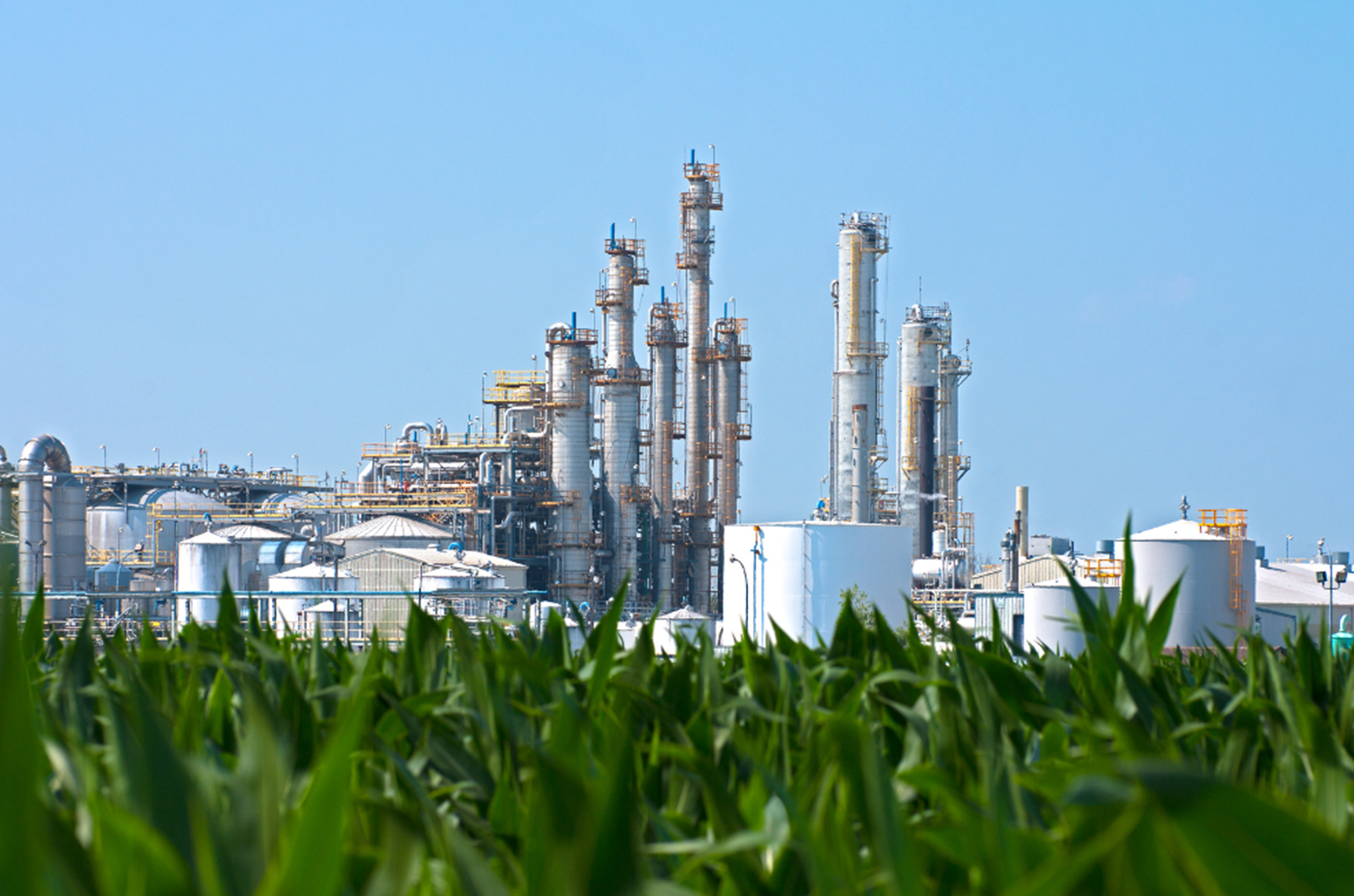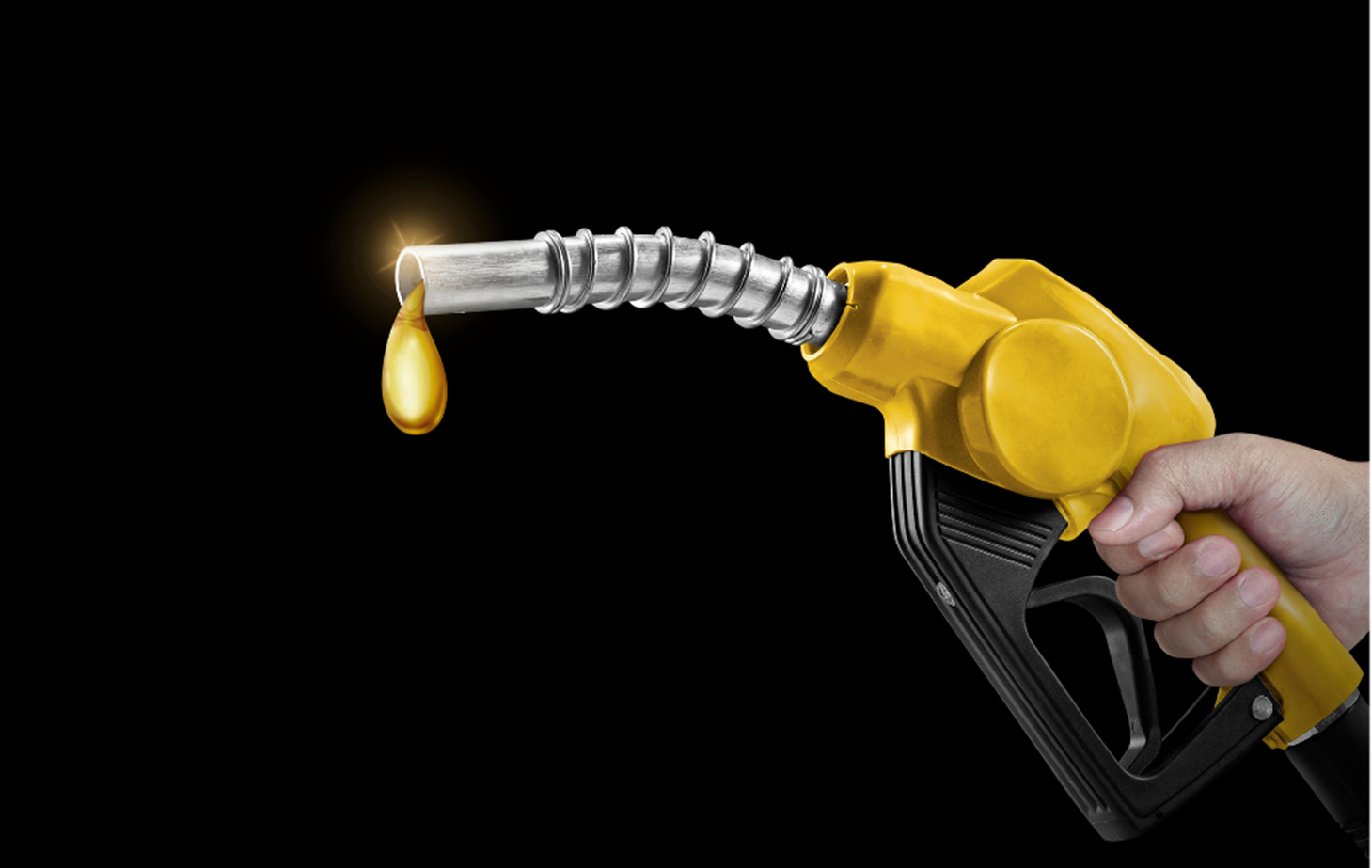Expert Witness – Renewable Fuels
Renewable fuels are vital to reducing our dependence on fossil fuels and the environmental impact of energy production. As litigation around renewable fuels grows, the role of the expert witness in renewable fuels becomes more important. Understanding the mechanics of renewable fuel technologies, regulations, and market dynamics allows the expert witness to provide valuable insight into disputes, compliance, and commercial transactions.
What are Renewable Fuels?
Renewable fuels are made from organic materials or renewable energy sources, they are a sustainable alternative to traditional fossil fuels. Examples:
- Biofuels: These are made from biological materials, such as corn, sugarcane, and soybeans. Ethanol and biodiesel are the most common biofuels.
- Renewable Diesel: Unlike biodiesel, renewable diesel is chemically the same as petroleum-based diesel and can be used in existing engines without modification.
- Biogas: Produced from the decomposition of organic waste, biogas is a mixture of methane and carbon dioxide and is often used for electricity generation.
- Hydrogen: Not a fuel itself, but plays a crucial role in fuel cells, which produce electricity with water as the only byproduct.
Expertise in Renewable Fuels
An expert witness in renewable fuels must know the industry’s technical and commercial aspects. Key areas of expertise:
Technical Knowledge of Renewable Fuel Production: An expert should know the various production processes: fermentation for ethanol, transesterification for biodiesel, and anaerobic digestion for biogas. They should also be familiar with advanced production techniques: thermochemical conversion (e.g. pyrolysis and gasification) and the role of hydrogen in fuel cells.
Feedstock Knowledge: Experts need to know the different types of feedstocks used in renewable fuel production—first-generation feedstocks (food crops), second-generation feedstocks (non-food crops), and third-generation feedstocks (like algae). They should also know the environmental and economic impacts of these feedstocks.
Regulatory and Policy: Government policies like the US Renewable Fuel Standard (RFS) and similar international policies are essential to the renewable fuels industry. An expert witness must know these regulatory frameworks and compliance and reporting requirements.
Market and Economic Drivers: An expert needs to know the market forces that drive renewable fuel prices: oil prices, feedstock availability, and technological advancements. They should also know the incentives and subsidies that drive the industry.
Environmental Impact: Knowledge of life cycle analysis (LCA) and the carbon footprint of different renewable fuels is critical. An expert should calculate greenhouse gas emissions, energy return on investment (EROI), and sustainability of various fuels.
Emerging Technologies: The renewable fuels industry is constantly evolving. An expert witness should be aware of the latest developments in feedstock development, bioengineering, and production techniques that can impact the viability and scalability of renewable fuels.
How Can an Expert Witness Help in Litigation?
An expert witness can help in renewable fuel litigation by providing testimony, reports, and analysis in cases ranging from intellectual property disputes to regulatory compliance issues. Here’s how:
Technical: An expert can drill down into the science and engineering of renewable fuel production processes. They can explain complex technical evidence to judges and juries.
Compliance and Regulatory: Renewable fuel production is regulated. An expert witness can determine if a company has complied with government standards: emissions limits and production quotas under the RFS or other regional policies.
Market Impact: In market manipulation or economic losses, an expert witness can assess the market forces that affect renewable fuel prices, production costs, and competition. This includes government subsidies or market interventions.
Intellectual Property: With the pace of innovation in renewable fuels, intellectual property disputes are common. An expert witness can assess patent claims, the novelty of technologies, and whether intellectual property rights have been infringed.
Environmental and Sustainability: Many cases revolve around environmental impact assessments. An expert can do life cycle assessments (LCA) to provide clear evidence of one fuel’s sustainability and environmental benefits over another.
Reports and Testimony: The expert witness will provide written reports and in-person testimony that explain the technical, regulatory, and economic complexities of renewable fuels to the court.
In the dynamic and rapidly evolving field of renewable fuels, an expert witness can be an indispensable asset in litigation. Whether the case involves regulatory compliance, market dynamics, intellectual property, or environmental impact, the testimony of an expert with deep knowledge of renewable fuels can provide clarity, direction, and insight that could be decisive in the outcome of a case.
ABOUT LEC PARTNERS (formerly LEC Partners)
LEC Partners was founded in 1995 and currently has over 180 experts worldwide. These working experts are renowned, hand-selected leaders, with over 97% holding advanced degrees and averaging over 30 years in their respective fields.
Have some questions?
Not sure where to start?
Let's start a conversation. We're here to help you navigate
the bioeconomy with confidence.


